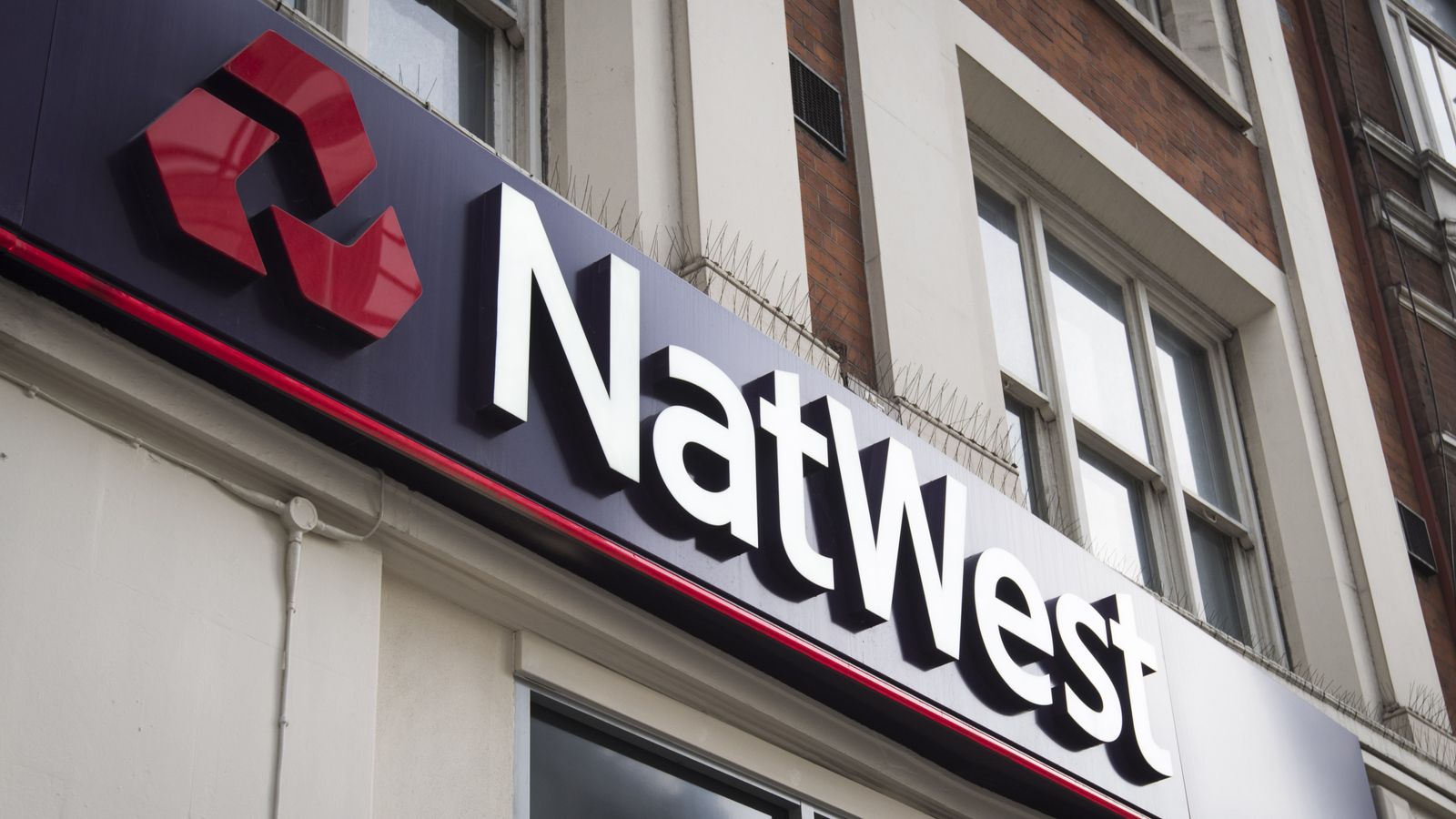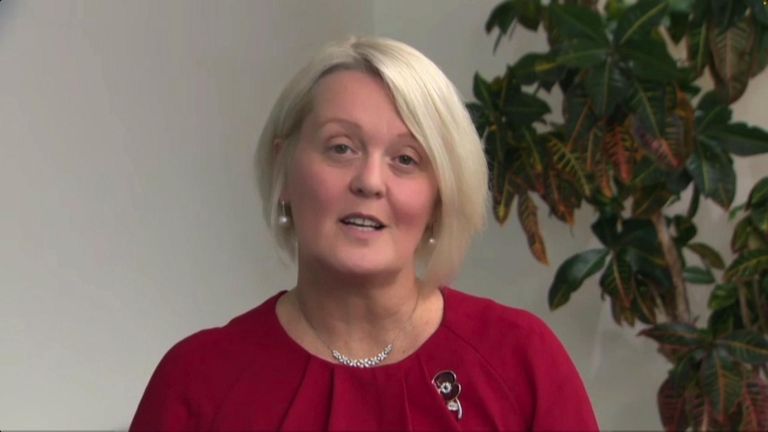Profits at NatWest have risen to their highest since the global financial crash.
The bank recorded profits of £5.1bn before tax in its 2022 full-year results, a high not seen since 2007 and an increase from the £3.8bn booked a year earlier.
The payment of a bonus to its chief executive, Dame Alison Rose, was also given for the first time since the crash. Her total pay in the year was £5.25m.
The wider bonus pool for bankers also grew by nearly £70m from the previous year and totalled £367.5m. It’s the second year in a row bonus payments have been hiked.
Shareholders, including the state, will likely get a payout of 10p each per share, as an £800m share buyback scheme was announced, meaning the bank will increase its own stake.
Higher interest rates, imposed on lenders by the Bank of England following the mini-budget market turmoil in an effort to lower inflation, have benefitted NatWest.
Profit has been boosted by those rates. Money earned on loans, minus the amount it pays in interest, increased. The margin rose from 2.3% in 2021 to 2.85% last year. At the same time net lending to customers increased by £7.3bn.
As interest rates rise and cost of living pressures weigh on households, NatWest has put aside £337m – less than the £434m forecast – for the year to prepare itself for the hit of customers who may default on loans. But the banks says levels of default remain low.
Support measures have been put in place for struggling NatWest borrowers. Such borrowers were given an extra six months to pay back unsecured loans and overdrafts, the bank announced in January.
Read more on Sky News:
NatWest closures: List of all 43 branches closing across UK – is your local bank one of them?
NatWest became state-owned in the wake of the global financial crash when the government bailed it out. At the time it was known as the Royal Bank of Scotland group.
The bank returned to private ownership in March of last year.
Higher profits and a rising share price may mean the government sells more of its stake.

